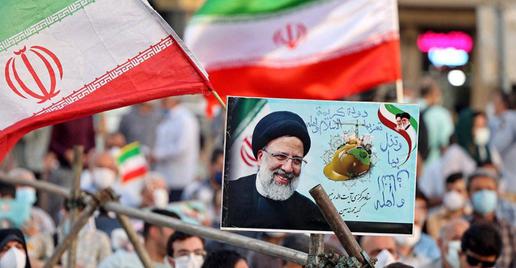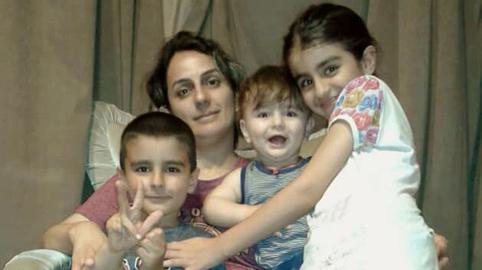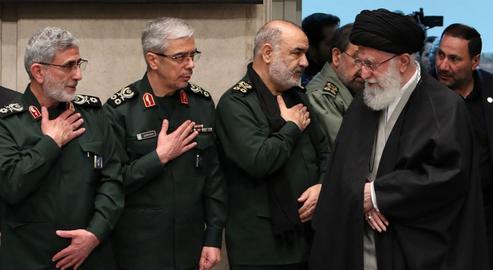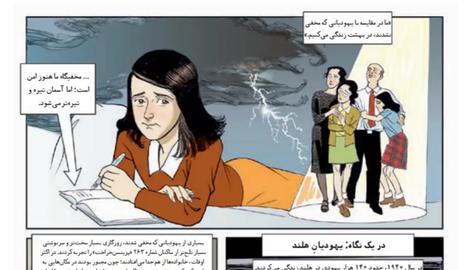Writing in The New York Review of Books, Kian Tajbakhsh recalls what reading meant to him during his time in jail.
Tehran, July 20, 2008—“May I take a book with me?”
The arresting officer, likely amused by my assumption that detention would last no more than one book, nodded his assent.
The solitary cell was empty except for a blanket on the floor and a copy of the Koran. But I was allowed my one book and my glasses. Huddled in the blanket, angled to catch the fluorescent light coming though the small barred window of the thick metal door, I read.
Sometimes it was hard to sleep, the dim light bulb high above always on, nights and days became indistinct. So I read slowly, stretching out the only source of distraction that was a link to home. But it was a bitter source of comfort, for the book I had brought with me was Khaled Hosseini’s The Kite Runner, a sad and painful story of our part of the world, which I would rather have finished and put aside quickly.
As it became clear that my stay in Tehran’s Evin Prison would not soon be over, a sense of panic gradually came over me as I struggled to imagine what I would do once my book was finished. I began to dread the prospect of a vast, empty time stretching out toward apparent infinity. In a solitary cell, where physical space is contracted yet time is frighteningly expanded, the imagination runs wild—hope, panic, optimism, panic, hope, fear, resignation, trepidation, equanimity compete and repeat, on and on.
There were other distractions. Several times a day, I would stand submerged under the rushing water of the shower, closing my eyes to become lost in the roar echoing around my skull. I washed my few items of clothing. I cleaned the rough carpeting. I paced to tire myself out. I squished mosquitoes. After some physical exercise, I felt more resolved and calm. But once that mood passed, it was again me and the walls.
I tried sitting calmly and meditating as I had been taught to do—seeking to empty the mind—but in particularly maudlin moments hazy images arose of tranquil saints being burned at the stake. After a while, I thought, “This is a waste of time! I can’t keep dread at bay this way, and even if I could I don’t want to empty my mind, I’d rather fill it!” It soon became clear that the best way to focus my mind and emotions was to read, to think.
Read the full article in The New York Review of Books
visit the accountability section
In this section of Iran Wire, you can contact the officials and launch your campaign for various problems




















comments